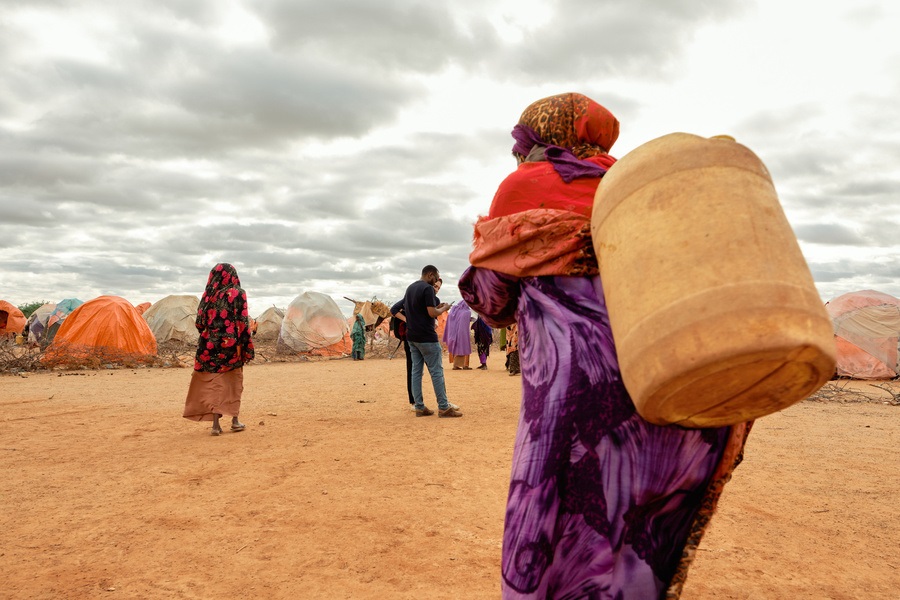The risk for water-related conflict remains high in several areas around the world. War, drought and temporary food aid suspension have created acute food insecurity in Ethiopia.
Flash floods late last year in East Africa have killed 350 people and displaced 1 million across Kenya, Somalia, Ethiopia and Tanzania. Lack of access to food and clean water continues in Gaza, with civilians facing gastrointestinal illnesses and starvation. Iran and Afghanistan continue to suffer from drought.
These are areas at high risk for conflict, according to the latest Water, Peace and Security (WPS) Quarterly Update. The update is based on open-source datasets such as Global Water Watch and the WPS Early Warning Tool, which applies machine learning to data collected by WPS partners to predict the likelihood of possible conflict up to a year in advance. The WPS partnership’s latest update is based on a March 2024 analysis and focuses on the next 12 months.
The WPS Early Warning Tool predicts the likelihood of more than 10 deaths related to water challenges in the coming year. The Water, Peace and Security (WPS) partnership compiles Quarterly Updates to warn of potential violent conflicts.
The quarterly update highlights the regions most at risk of outbreaks of violence due to natural disasters such as flooding and drought as well as man-made situations, including those caused by inequalities in transboundary water resource management.
The WPS partnership formed in 2019 to mitigate potential water-related conflict in four regions: Mali, Iraq, Ethiopia and Kenya. Its impact, however, reaches beyond these countries. The partnership aims to turn cycles of water-related conflict into cycles of water-based peace and cooperation. It does so by facilitating dialogue and helping people, institutions and countries develop capacity.
Yasir Mohamed, IHE Delft Associate Professor of Water Resources Management and head of the Water, Peace and Security (WPS) partnership said; “By using public domain datasets like Global Water Watch and the Global Early Warning tool, the WPS programme is able to inform collaborative water management across various contexts, including transboundary river basins.”
“This also helps to mitigate conflict and stimulate dialogue and cooperation on the ground.”
Do you have a story or an opinion to share? Email us on: dailyexpressug@gmail.com Or follow the Daily Express on X Platform or WhatsApp for the latest updates.

